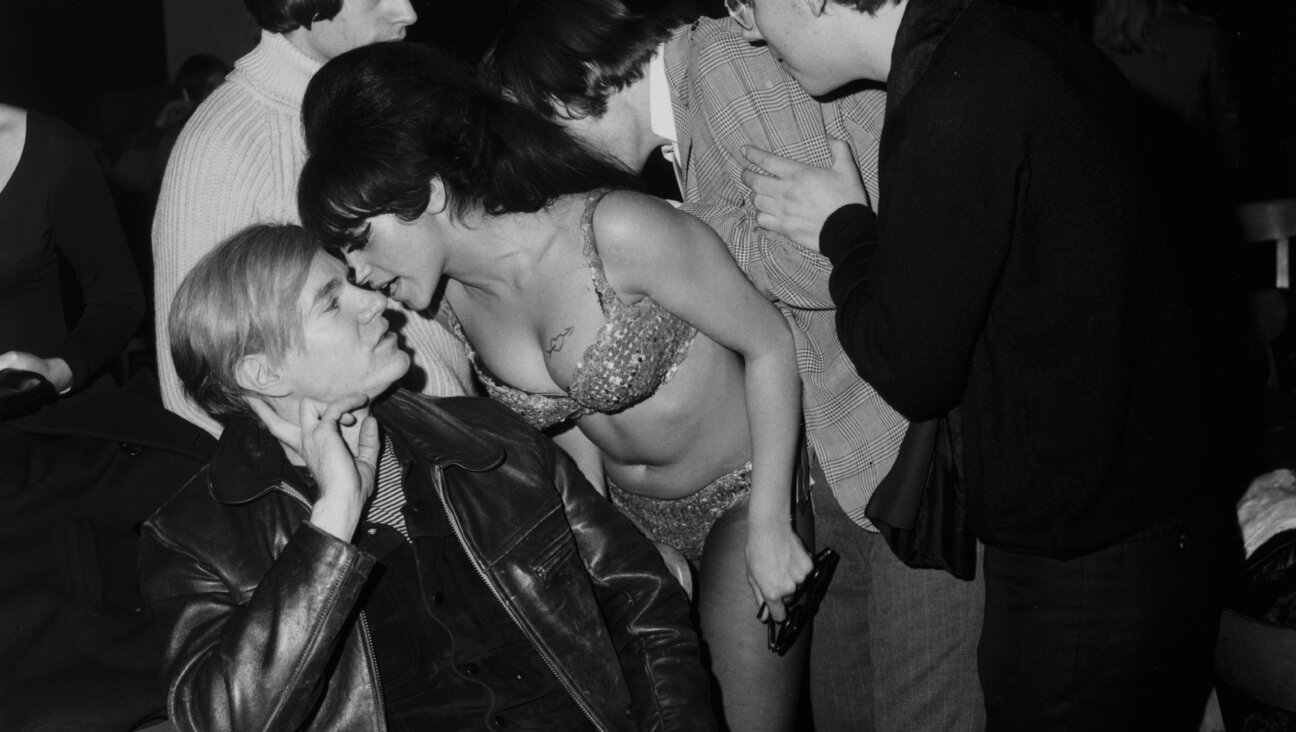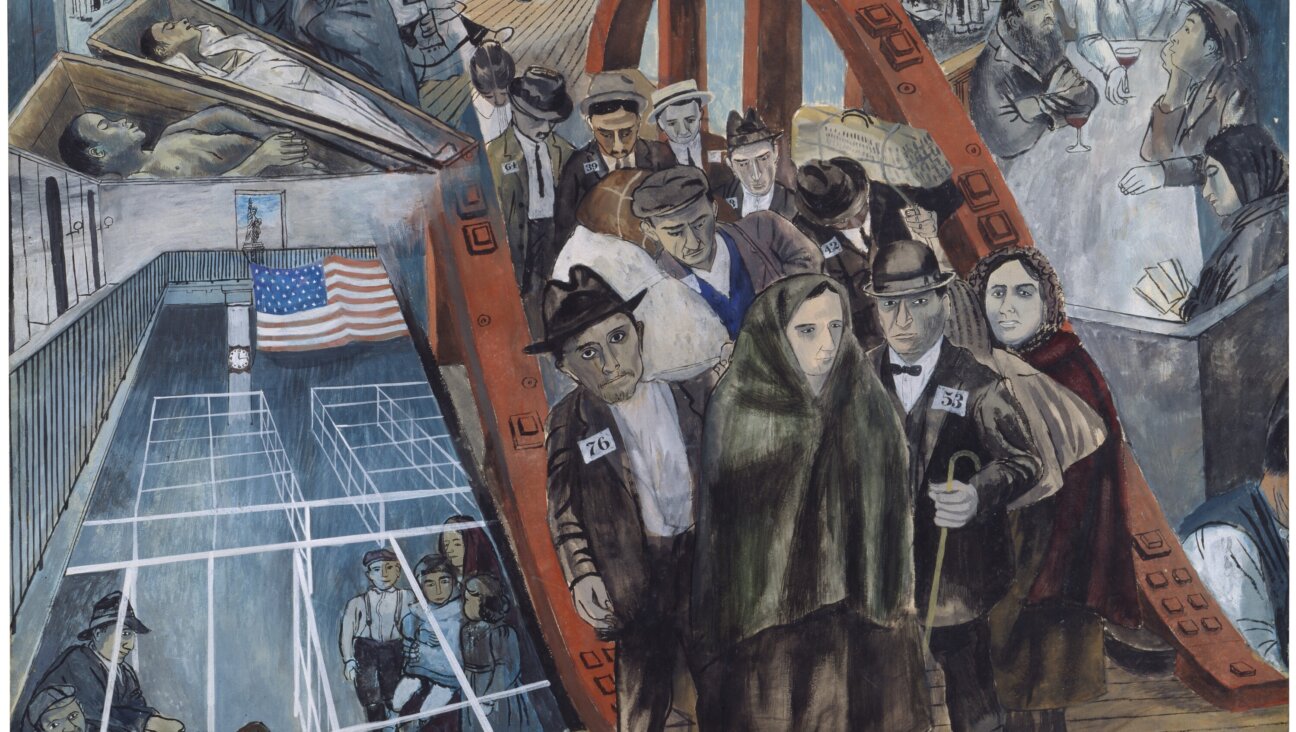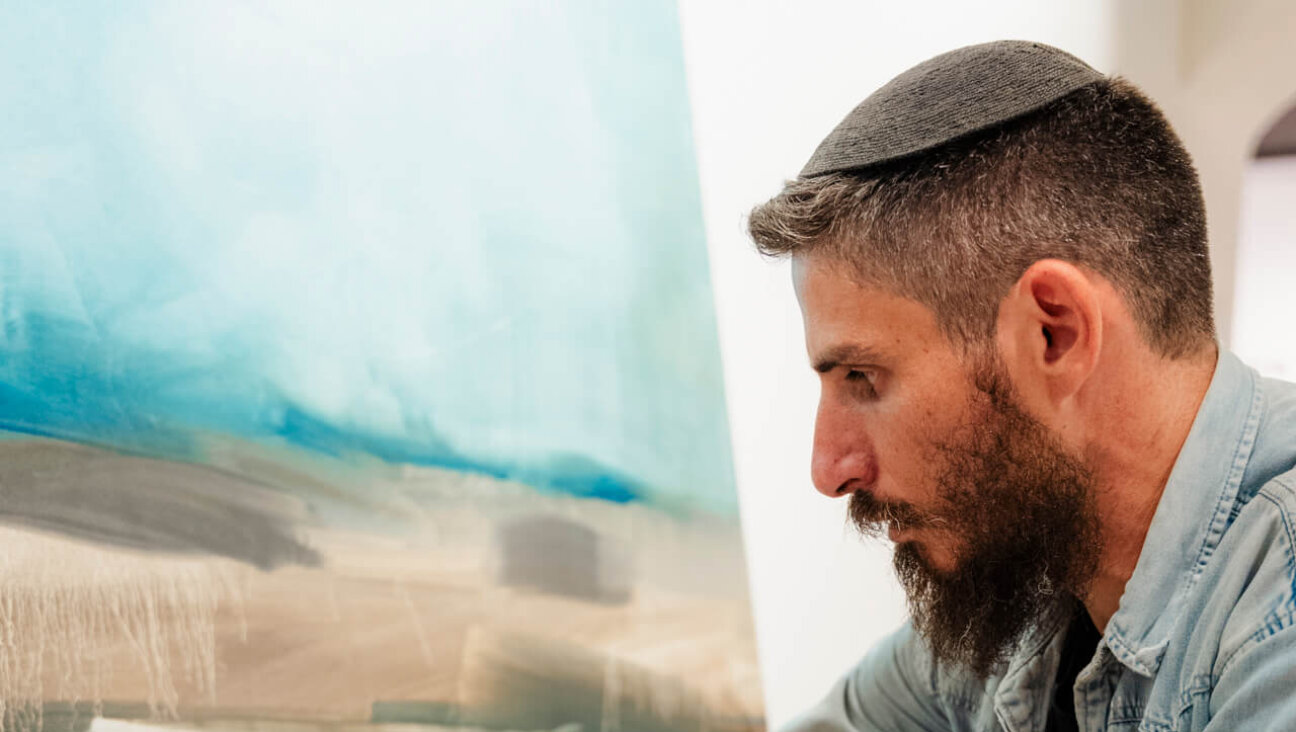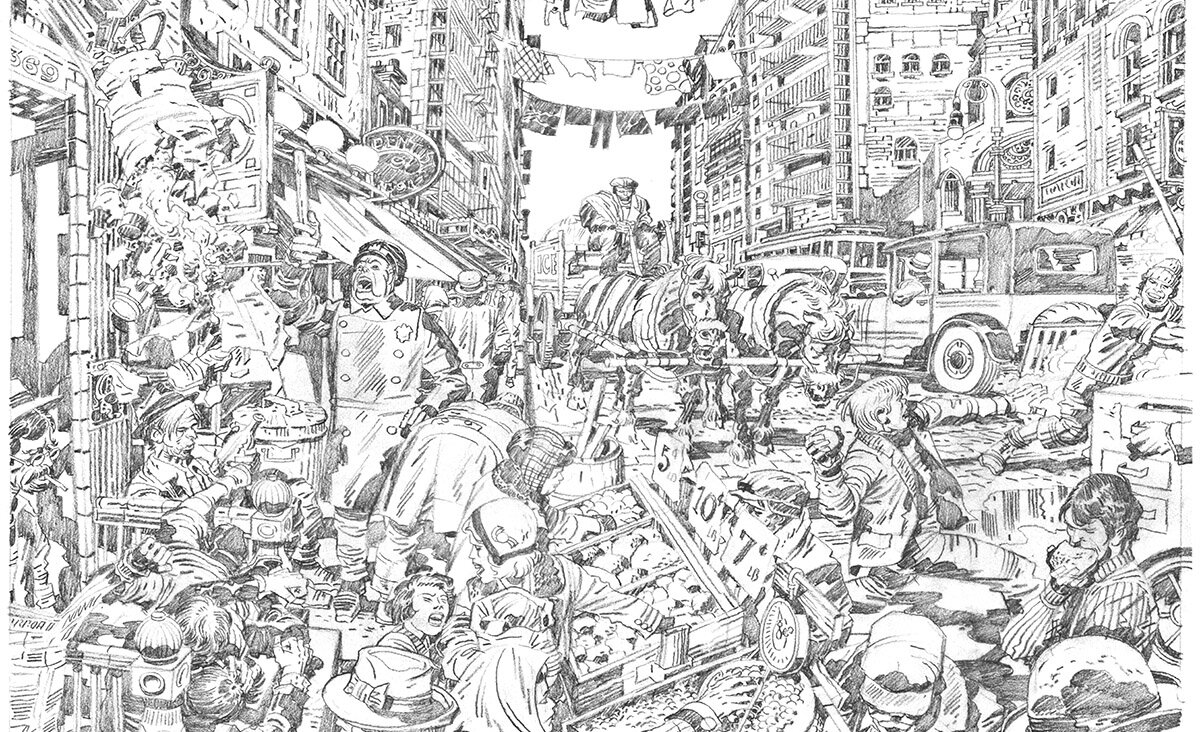Israeli Illusionist Uri Geller Finds A 19th-Century Soap Factory Where He’s Building His Museum

Israeli illusionist and television personality Uri Geller presents the discovery of a soap factory that was unearthed at an Ottoman period structure that was discovered during construction work on the ‘Uri Geller Museum’ in Jaffa on the outskirts of the Israeli coastal city of Tel Aviv on August 14, 2018. Image by Getty Images/JACK GUEZ/Contributor
Sometimes when you build a museum, the past finds you.
A few weeks ago Uri Geller, the Israeli illusionist who made his name in the 1970s by using his mind to bend spoons on television, sensed something beneath the debris at the building site of his forthcoming museum, the Uri Geller Museum in Jaffa, Haaretz reports.
“I felt psychically that there was something under the dirt, in the ground,” Geller told Haaretz. “I got the Israel Antiquities Authority’s permission to get rid of the rubble and stones and the dust, and lo and behold, we discovered an ancient soap factory.”
This isn’t the first time Geller claimed to hit pay dirt on a piece of property. In 2009 he purchased a small island off the coast of Scotland that he says contains a lost Egyptian treasure he’ll recover by combing over the land with a divining rod. He’s yet to find that loot, but his discovery at the museum site suggests his psychic instincts — given to him by aliens, by his account — aren’t entirely on the fritz.
The factory is believed to date back to the 19th century and to have operated during a period when the Ottomans controlled the old city. It’s the second soap factory of that vintage discovered in Jaffa to date, though the old port town is a known treasure trove for archaeological finds.
Because of the structure’s age, the IAA has been overseeing the museum’s construction from the beginning, Haaretz reports, and was instrumental in discovering its former use.
“The site was well preserved and included troughs for mixing raw materials for the soap, a large cauldron, a hearth, water cisterns and underground vaults that were used for storage,” Dr. Yoav Arbel, a Jaffa expert with the IAA told Haaretz. Arbel noted that the process evidenced by the artifacts resembles that of many small contemporary soap manufacturers. The nitty-gritty of soap production under the Ottoman Empire is noteworthy for being kosher (by way of halal), using an olive oil base instead of lard.
But however humble its past infrastructure, the future site of Geller’s museum was selected for its grand impression. After all Geller, who commissioned a 12-foot tall gorilla made out of spoons in 2014, is not a man known for subtlety.
After living abroad for 48 years, Geller recently settled in Jaffa where, in 2016, he went hunting for real estate to display his treasures from far off lands (mostly the United States). His museum – which will boast paintings by Picasso, Warhol and Dali from Geller’s collection alongside artifacts from Freud and Einstein and the world’s largest spoon – is being carved out of an old stone edifice with arches and foundations that could date back a millennia, Haaretz reports.
Despite its sturdy foundations, the building needs work before it opens in about a year, by Geller’s estimate.
While many will remain skeptical of Geller’s psychic status, the story of how he found a work of architectural significance while building his vanity project only adds to his mystery. The soap factory remnants are planned to be on view when the museum opens its doors, but Geller predicts that his oversized-spoon will serve as its main draw.
“Everybody will want to have their photo next to an 18-meter spoon.” Geller told Haaretz. “We will take a picture of the spoon from space. I have friends in NASA and among the cosmonauts.”
PJ Grisar is the Forward’s culture intern. He can be reached at [email protected].
























